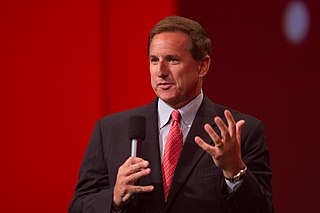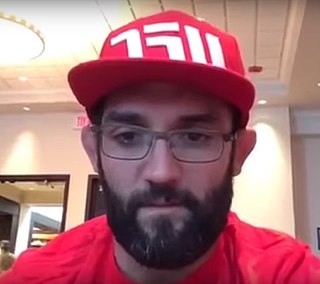A Quote by James Mattis
When you're in operations, the best thing you can do at the top level is get the strategy right. You have to get the big ideas right, you have to determine what is the policy, what is the level of effort you're willing to commit to it? And then you delegate to those who have to execute that strategy to the appropriate level. What's the appropriate level? It's the level where people are trained and equipped to take decisions so we move swiftly against the enemy.
Related Quotes
As the Eurozone takes steps towards closer fiscal and economic integration, and as the E.U. continues to develop, we need to be absolutely clear when it is most appropriate to take decisions at the national or local level, closer to the people affected, and in other cases when it is best to take action at the E.U. or global level.
We have also obtained a glimpse of another crucial idea about languages and program design. This is the approach of statified design, the notion that a complex system should be structured as a sequence of levels that are described using a sequence of languages. Each level is constructed by combining parts that are regarded as primitive at that level, and the parts constructed at each level are used as primitives at the next level. The language used at each level of a stratified design has primitives, means of combination, and means of abstraction appropriate to that level of detail.
It's about the process. It's about getting better. 'Let's execute on this play, let's execute on this drive.' You do those things, and over the course of the season you'll get better as a team and you'll get to a point where hopefully you're playing at a high level to win the games that really become at another level.
Not ever having been an agent myself, my sense is that upper-level agents who have the most power, who can move people through the system more easily, are less willing to take on the volume of work to break somebody new. And then lower-level people, if they are willing to take on somebody new, they don't necessarily have as much sway, and it's harder for them to push somebody through.
































